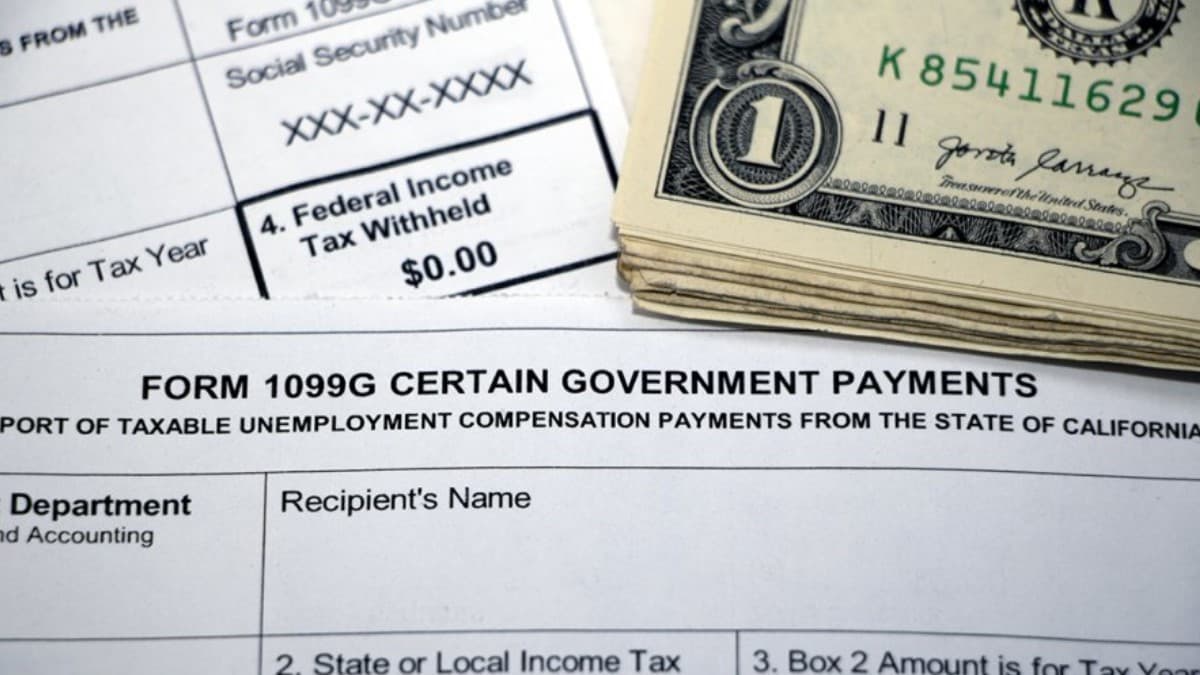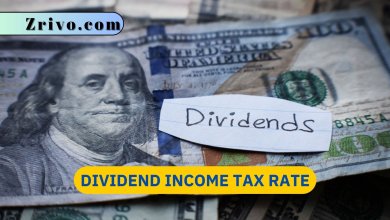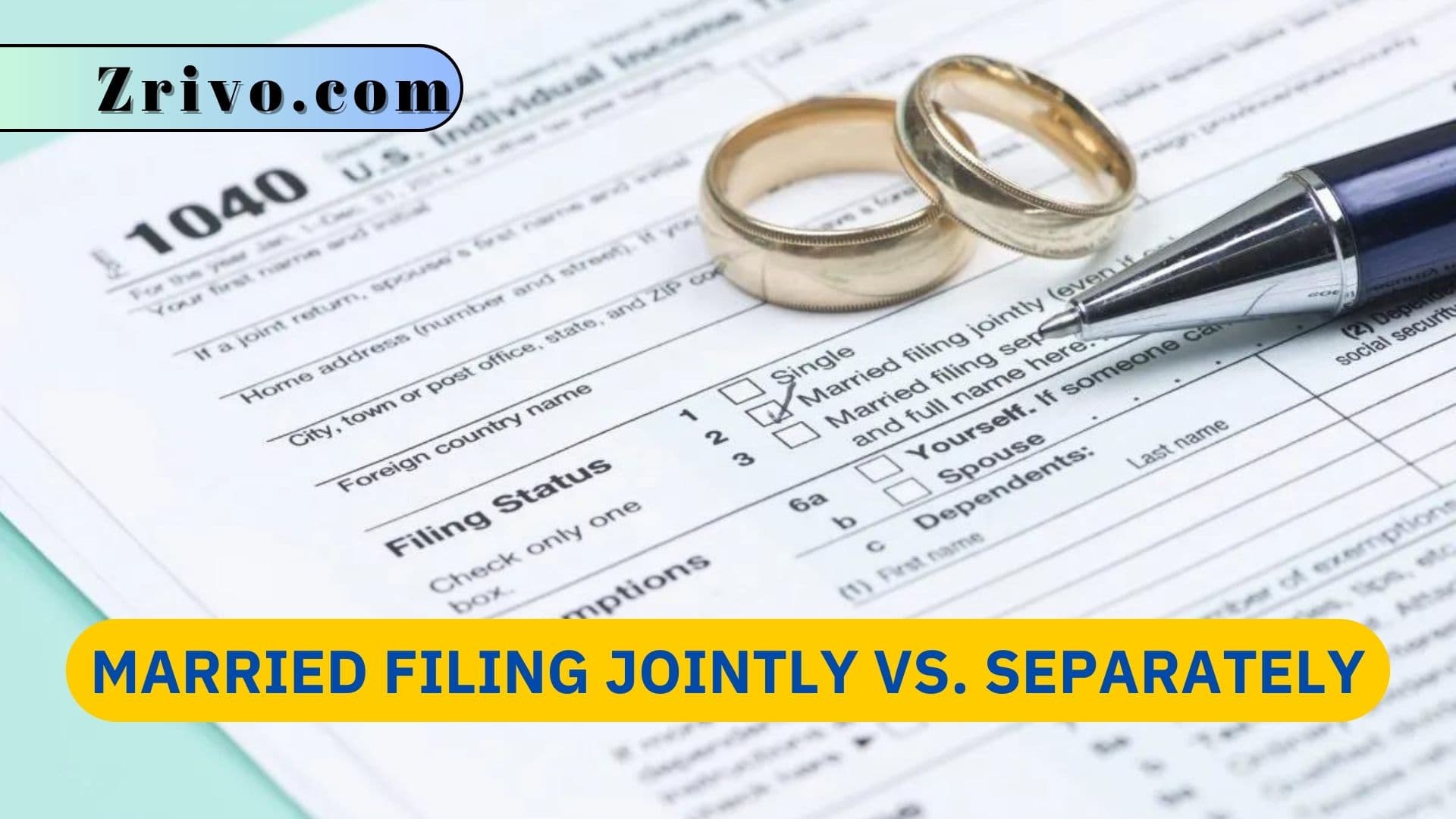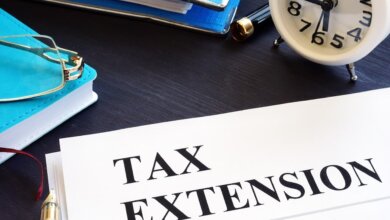Unemployment Tax Break

The Internal Revenue Service allowed taxpayers to claim an income exclusion for unemployment compensation received in 2023 for the 2024 tax season.
The unemployment tax break provided an exclusion of up to $10,200. This essentially worked as a deduction. Even though it was announced after the tax season started, the IRS took it into effect immediately, and those who haven’t received their tax refunds already got it adjusted.
Sadly, the IRS is also not working on such exclusion. For the 2024 tax season, in which you’ll file a federal income tax return for the income earned in 2024, there isn’t an unemployment tax break. If you received unemployment compensation in 2024, you will pay taxes on that income regardless of the amount received and the unemployment duration.
Reporting unemployment compensation
There is no difference between the income you earn from your employer or self-employed income and unemployment compensation as far as how you report them. The only difference is that while an employer issues the employee with Form W-2 that reports wage received, you get a 1099-G, Certain Government Payments.
Essentially, both forms are similar and pretty much the same. How you’re going to attach these forms is also the same. You’ll take the gross amount reported on the form and calculate your gross income accordingly.
Future changes to the unemployment tax break
When the Internal Revenue Service introduced the unemployment compensation exclusion, it passed the tax season’s start. This can be an indication to some that the IRS may enable taxpayers to do the same when the 2024 tax season starts.
Needless to say, considering the number of taxpayers that received unemployment compensation during 2023 is significantly lower than the last year, it won’t happen.
Although about 7 million people are unemployed and looking for work, and a good portion of these people qualify for unemployment, it’s considerably less than what it was before. About 20 million people were unemployed at the peak of the pandemic. It’s understandable that we’ve had an unemployment tax break, but a similar change in the tax law is improbable to happen.





